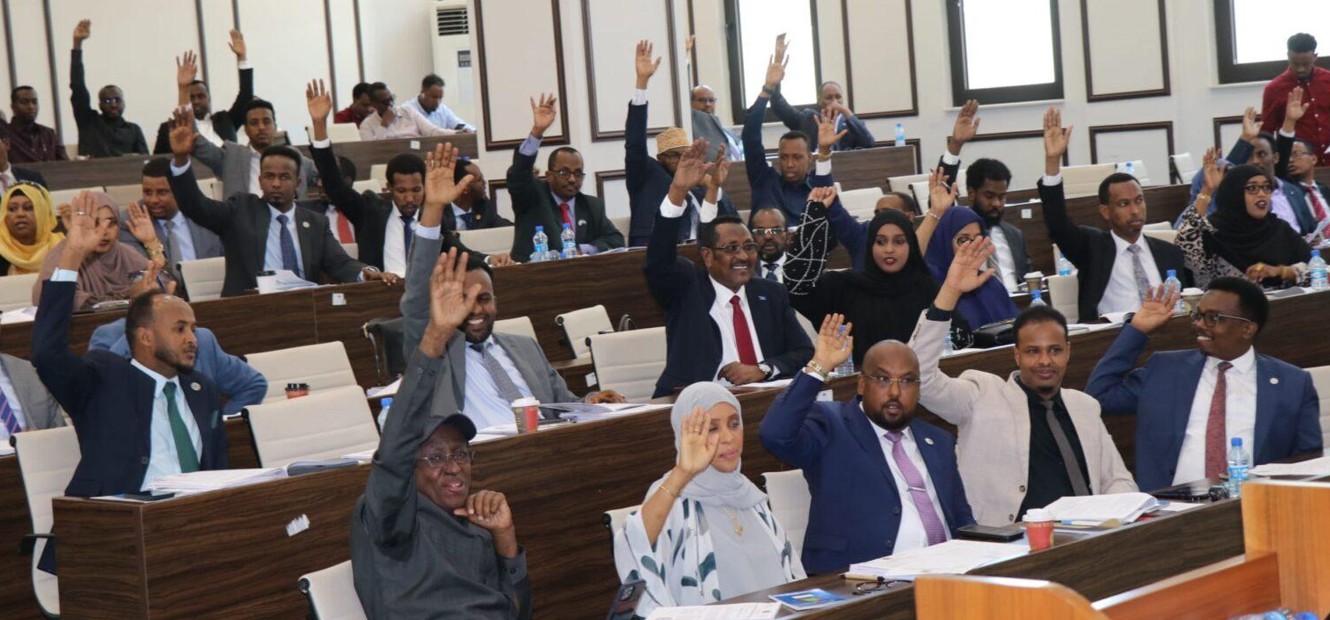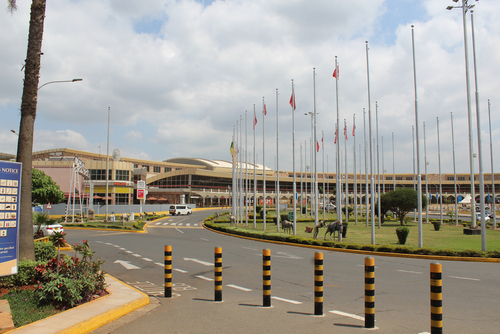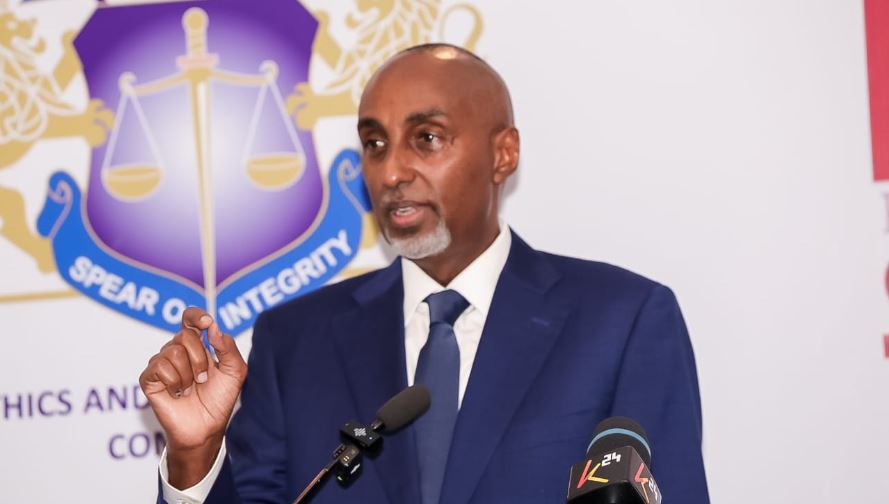Auditor General flags governance, financial lapses at Kenya Petroleum Refineries

The findings, covering the period up to June 30, show multiple breaches of public service regulations and highlight serious risks to the refinery’s financial stability.
The Auditor General has criticised Kenya Petroleum Refineries Limited (KPRL) for governance and financial lapses, revealing that the company’s chief executive has been in an acting capacity for over four years.
The findings, covering the period up to June 30, show multiple breaches of public service regulations and highlight serious risks to the refinery’s financial stability.
More To Read
- Auditor General warns Kenya Railways’ Sh569 billion loan default could burden taxpayers
- Audit uncovers Sh13 billion irregularities in Ketraco wayleave payments
- 20 firms fined Sh2.2 billion for failing to remit unclaimed financial assets
- Majority of Kenya’s unclaimed assets under Sh1,000 - Auditor General
- Auditor faults UDA for lacking proof of Sh2 billion land assets
- Billions locked in stalled county projects across the country - CoB Margaret Nyakang'o
According to Auditor General Nancy Gathungu, the CEO was appointed on October 4, 2019, for an initial 12-month acting term, which already exceeded the six-month limit set by law, public service policies, and the Mwongozo Code of Governance for state corporations.
The board has since continued to extend his tenure in successive 12-month periods.
“Management was in breach of the public service policies and guidelines,” Gathungu stated in her report presented to Parliament.
The audit also identified five other employees who have been serving in acting roles for more than six months, contrary to official directives.
In March 2020, the Head of Public Service ordered state agencies to strictly enforce the six-month limit, yet some KPRL staff remained in acting positions for over 30 months, raising concerns about uncertainty and disruption to strategic planning.
Gathungu also flagged irregularities in the secondment of the chief operating officer to the Petroleum Department.
Initially seconded in July 2017, the officer’s term was renewed in April 2023, surpassing the six-year maximum, without Public Service Commission approval being provided for audit verification.
Financial and operational challenges at the refinery were also highlighted. KPRL recorded a Sh91 million loss during the period under review and has a negative working capital of Sh2.5 billion, with its continued operation dependent on government support and creditors.
The Auditor General criticised management for failing to disclose this material uncertainty.
The audit further raised questions over asset valuations. Assets with a net book value of Sh1.7 billion included fully depreciated items still in use, valued at over Sh2.3 billion.
A discrepancy of Sh160 million was also identified in lease recoveries from Kenya Pipeline Company (KPC), suggesting a potential misstatement of income.
Gathungu’s report underscores long-term governance lapses, financial instability, and regulatory violations at KPRL, signalling that urgent action is needed to ensure the refinery’s survival and operational compliance.
Top Stories Today













































